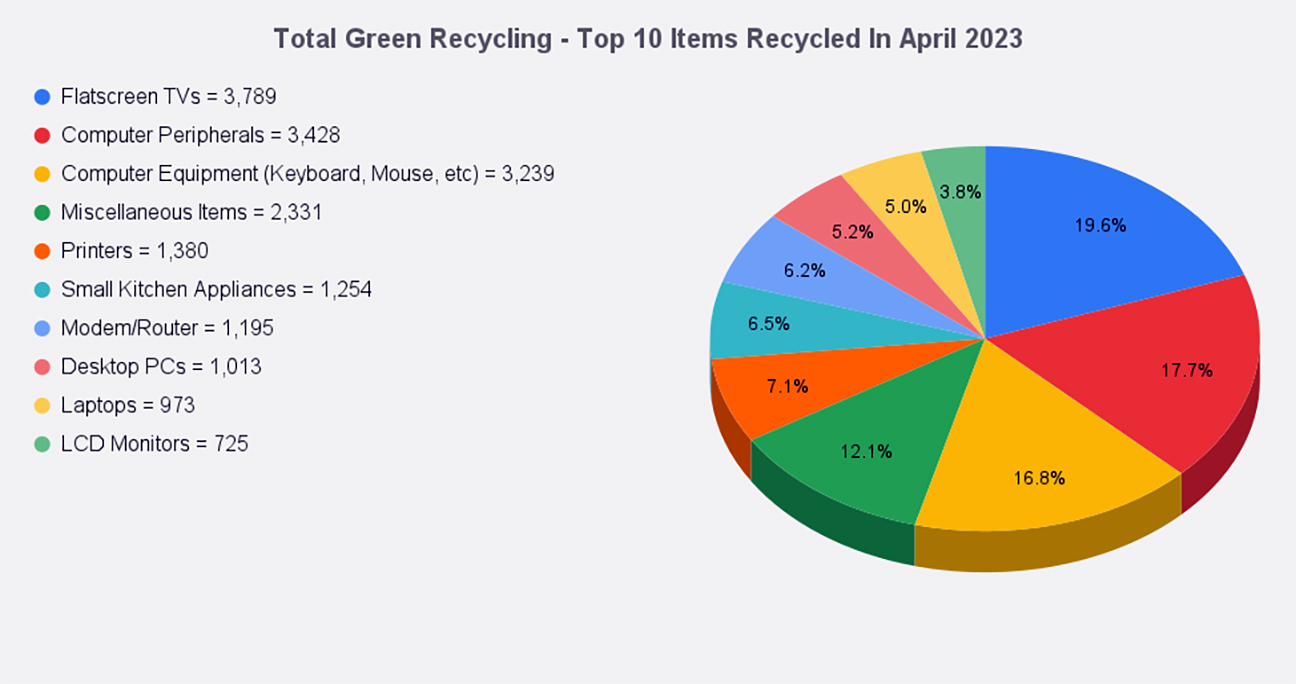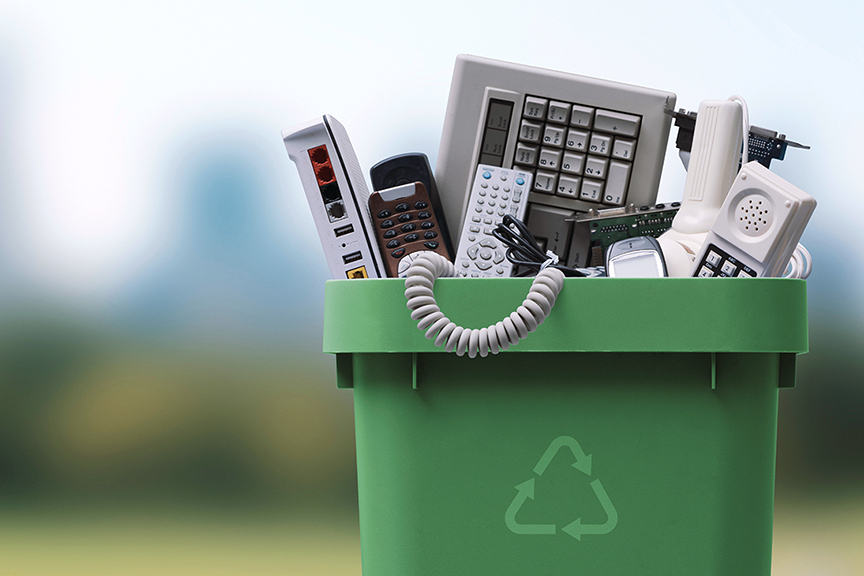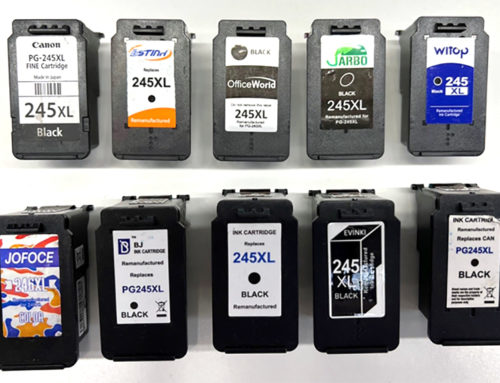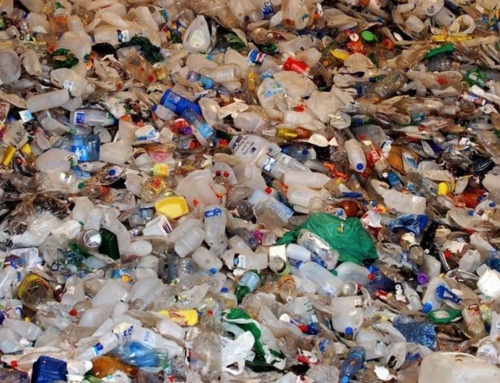As of 2022, Pennsylvania faces a significant challenge when it comes to e-waste recycling. With only nine waste collection sites offering unrestricted access to e-waste recycling out of 443 total collection sites across the state, the current infrastructure falls far short of addressing the pressing need for responsible e-waste disposal. However, a new bill, House Bill 1607, is under consideration in the Pennsylvania House, offering hope for a more sustainable and accessible e-waste recycling program.
The ever-increasing proliferation of electronic devices has raised the urgency for efficient e-waste disposal. State Rep. Lisa Borowski, who introduced the bill, recognized this need and its financial and environmental implications. As a former township commissioner, she has personally grappled with the challenges of e-waste management.
House Bill 1607: A Path to Improvement
House Bill 1607 aims to overhaul Pennsylvania’s e-waste infrastructure by providing a statewide e-waste program, allowing residents to dispose of their electronics safely and sustainably. The bill offers several key provisions:
- Convenient Collection Sites: The bill promises to give residents access to convenient collection sites at no cost to themselves or their municipalities. This accessibility is a crucial aspect of making e-waste recycling more efficient and user-friendly.
- County Participation: The bill does not require county participation in the statewide program, allowing residents to choose collection sites of their preference. This flexible approach accommodates the diverse needs of Pennsylvania’s communities.
Faran Savitz, a zero waste advocate with PennEnvironment, testified in support of the bill, emphasizing the environmental consequences of inadequate e-waste recycling. He pointed out that electronic devices, from TVs and headphones to laptops and smartphones, constitute the fastest-growing part of the nation’s waste stream. Shockingly, despite the rapid increase in e-waste generation, just 30% of these devices get recycled in the United States.

In Pennsylvania, disposing of most electronics in solid waste is illegal due to their potentially hazardous contents. This legal framework presents challenges for businesses and consumers, often leading to illegal dumping. The illegal disposal of e-waste is especially harmful because electronics are one of the most toxic components of the waste stream. Their entry into the environment poses significant threats to wildlife, water quality, and human health.
E-waste recycling is not only an environmental imperative but also a means to recover valuable metals and components. Proper recycling keeps these materials out of landfills, allowing them to be reused in new devices or as replacement parts. Recycling e-waste is a vital step toward a circular economy that conserves resources and reduces the environmental impact of electronic consumption.
With only nine waste collection sites offering unrestricted access to e-waste recycling in Pennsylvania, House Bill 1607 represents a significant step toward improving the state’s e-waste recycling infrastructure. The issue of e-waste is complex and scattered, involving various programs across the state. The bill offers a promising opportunity to streamline these efforts and create a more accessible and efficient e-waste recycling system.
The consideration of House Bill 1607 in the Pennsylvania House signals a commitment to addressing the growing e-waste challenge. As the nation’s consumption of electronic devices continues to rise, responsible e-waste recycling is not just an option but an imperative. With this bill, Pennsylvania takes a significant step toward providing its residents with safe and sustainable options for disposing of their electronics, all while reducing the environmental impact of e-waste. As the state moves toward a more sustainable future, other regions can look to this effort as a model for improving their own e-waste recycling systems.






